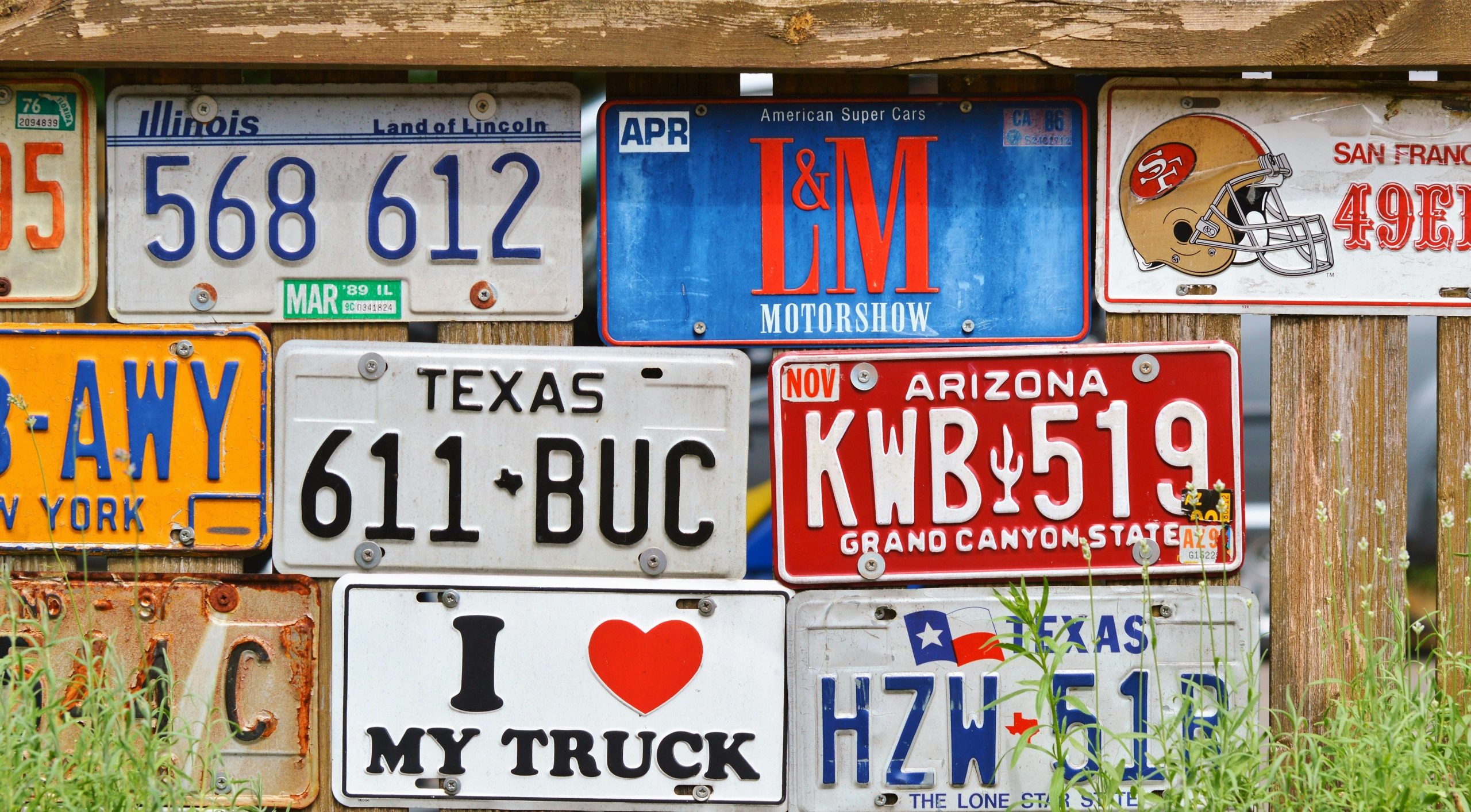Need Advice: I Ran a Red Light and Hit Another Car in California
I’m in a tough situation and I could use some guidance. I accidentally ran a red light and collided with another car. I know it was my fault, but I’m looking for ways to make this as straightforward as possible. What should I tell my insurance company?
Until now, I’ve maintained a perfect driving record, but this morning’s rain was a challenge. The car in front of me had a green light and was making a right turn to exit the freeway. I swerved to the left to avoid a collision, but my right headlight ended up hitting the left side of their bumper. Fortunately, only their bumper was damaged.
We exchanged contact and insurance information but didn’t discuss the details of the incident—just took some pictures of both vehicles.
Will I face any legal repercussions for running the red light? Is there any advantage to saying I hydroplaned? What’s the best way to handle this situation with my insurance to make it as painless as possible?
The other driver seemed honest and mentioned he was just a bit “shook up.” Thanks in advance for any advice!




It sounds like a stressful situation, but it’s good that you exchanged information and took pictures. Here are some steps you can take to handle this situation as smoothly as possible:
Contact Your Insurance: Report the accident to your insurance company as soon as possible. Be honest about what happened—describe the circumstances clearly, including the weather conditions.
Do Not Lie: While it might be tempting to say you hydroplaned, it’s best to stick to the truth. Insurance companies appreciate honesty, and if they find out you were not truthful about details, it could complicate your claim and affect your coverage.
Document Everything: Keep a record of all related information, including the time and location of the accident, weather conditions, and any conversations with the other driver.
Follow Up on Claims: If the other driver files a claim, your insurance company will handle that. They may reach out to you for additional information. Be cooperative and provide the facts.
Consider Legal Advice: If you’re concerned about potential repercussions, such as traffic tickets, consulting with a legal professional could provide you with more personalized guidance.
Stay Professional: When communicating with your insurance and the other party, remain calm and professional. Avoid admitting fault in any statements—let the insurance companies handle the liability assessment.
Remember, accidents happen even to the best drivers. Focus on moving forward and learning from this experience.